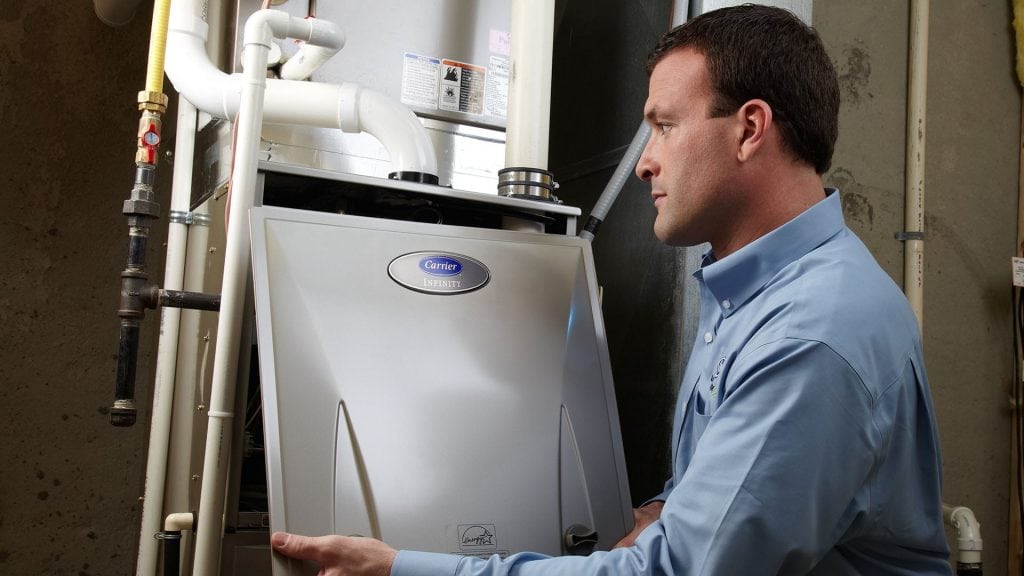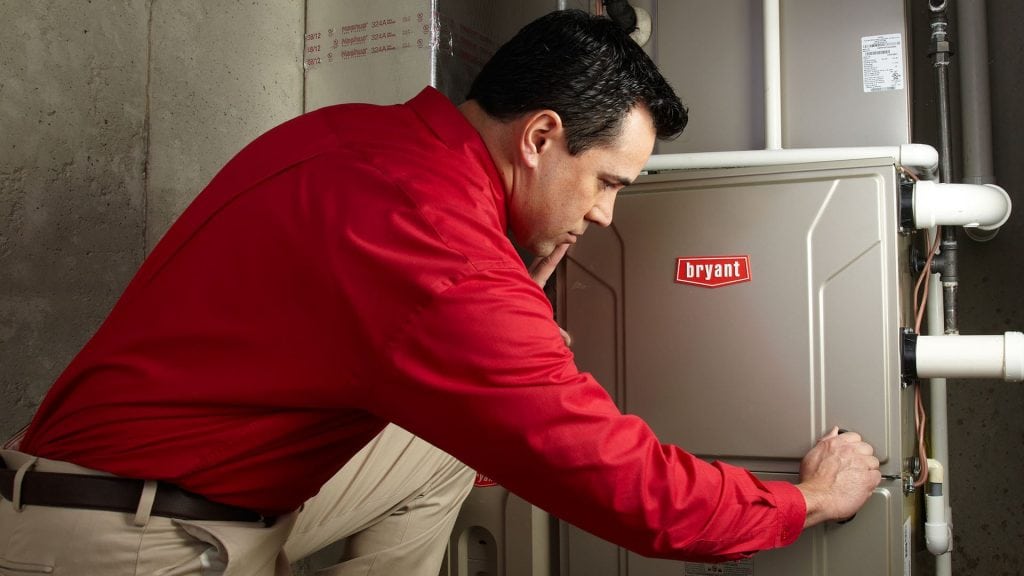Some people swear by gas furnaces, while others prefer oil furnaces in their Mississippi home. Is the difference between gas and oil furnaces only due to the fuel they use, or are there other considerations?
Oil Provides More Heat
Oil gives you more heat per BTU than any other
heat source. That makes oil furnaces a good choice for people who live in extremely cold areas. Plus, when you heat with oil, you don't need a connection to the energy company. You can schedule when to refill your fuel yourself.
Gas as Fuel is Cheaper
When you buy a furnace, gas furnaces are more expensive than oil furnaces. However, the price difference flips when it comes to buying fuel. Purchasing oil can be more
expensive than gas. Keep in mind, however, that oil provides more heat than gas does. Therefore, the cost of fuel alone doesn't determine how expensive it is to run the machine.
Both Can Be Energy Efficient
When looking for an energy-efficient furnace, check the AFUE rating. These ratings are given as percentages of 100. Moreover, they indicate how much of the fuel comes out in heat energy and how much escapes as exhaust or in operation. You can get a gas or an oil furnace with an AFUE rating above 85 percent, though oil furnaces typically top out at 90 percent while
gas furnaces can reach 98 percent.
Both Are Safe with Proper Maintenance
As long as you get your heating system maintained, it should safely heat your home for years. Be wary of dirt and grime buildup and of worn out parts on both types of furnaces. Before each winter, get a furnace maintenance to ensure everything is in good order.
AC Southeast® is your resource for HVAC contractors and technicians this winter. Whether you're in the market for a
new Carrier® or Bryant® furnace, or you need maintenance on your existing heating system, search our database of contractors in your area to find the perfect service today.




